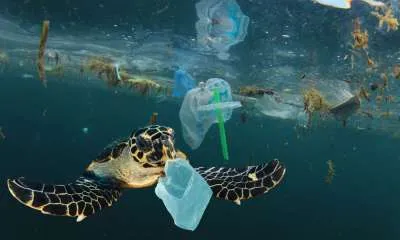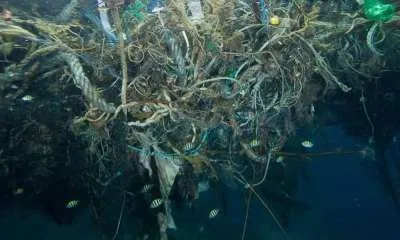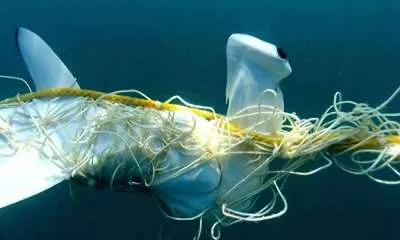Mission
"My mission is to rid the coastline of Tenerife of as much ugly and harmful trash as possible. Where feasible, this trash will be upcycled and recycled."
![]() Cleaning the ocean
Cleaning the ocean
![]() Protecting wildlife
Protecting wildlife
![]() Promoting awareness
Promoting awareness
![]() Creating a movement through education
Creating a movement through education
![]() Inspiring others to do the same
Inspiring others to do the same
Goal
"My goal for this year is to safely remove at least 3,000 kilos of trash from the sea floor and to help keep Tenerife pristine and clean.”

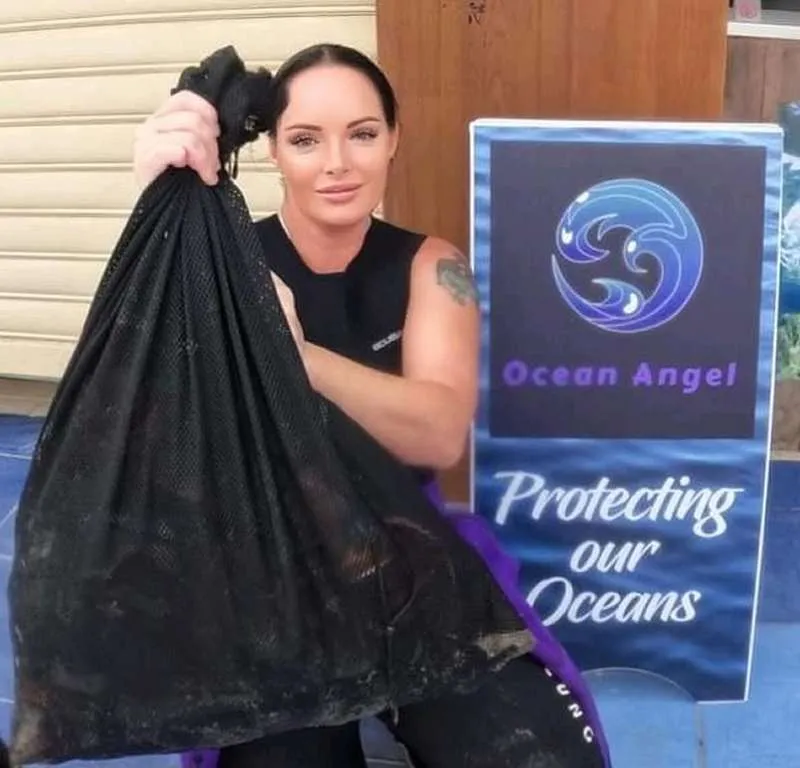
Vision
"My vision is a trash-free coastline for nature and wildlife to thrive and for future generations of people to enjoy."
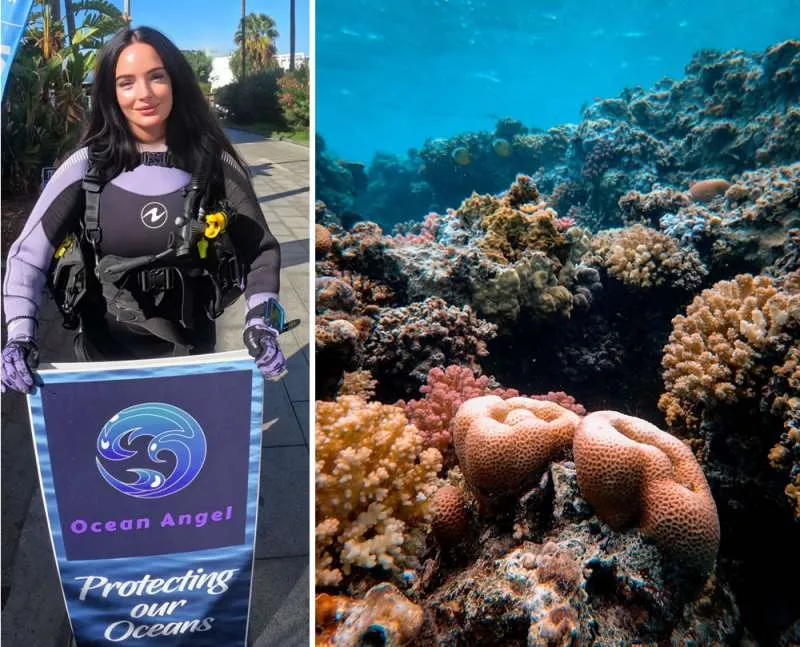
Reasons to care about the ocean
![]() The ocean holds 97% of our planet's precious water supply. This provides us with 70% of the oxygen we need to breathe and absorbs over 30% of c02 emissions released into the atmosphere. The ocean is the lungs of the planet as it covers 71% of the planet’s surface.
The ocean holds 97% of our planet's precious water supply. This provides us with 70% of the oxygen we need to breathe and absorbs over 30% of c02 emissions released into the atmosphere. The ocean is the lungs of the planet as it covers 71% of the planet’s surface.
![]() The oceans regulate our climate through heat distribution and help to maintain the planet's temperature. Most of the sun's radiation is absorbed by the seas. The ocean absorbs more than 90% of the excess heat in the climate system, helping to regulate temperatures on land.
The oceans regulate our climate through heat distribution and help to maintain the planet's temperature. Most of the sun's radiation is absorbed by the seas. The ocean absorbs more than 90% of the excess heat in the climate system, helping to regulate temperatures on land.
![]() The world's oceans provide a wealth of employment in sectors such as fishing, tourism, transportation, sports, and science. Almost 90% of all global trade is made by sea and supports millions of jobs. The ocean provides an income to 50% of the entire global population.
The world's oceans provide a wealth of employment in sectors such as fishing, tourism, transportation, sports, and science. Almost 90% of all global trade is made by sea and supports millions of jobs. The ocean provides an income to 50% of the entire global population.
![]() The ocean is a vital source of food for over three billion people every day. Sadly, more than 10 million tons of fish go to waste every year because of destructive fishing practices.
The ocean is a vital source of food for over three billion people every day. Sadly, more than 10 million tons of fish go to waste every year because of destructive fishing practices.
![]() The ocean has the greatest abundance of wildlife on the planet, providing a wide variety of habitats to a dizzying array of species, but these are now widely acknowledged as under threat. UNESCO predicts more than 50 per cent of the world’s marine species may face extinction by 2100.
The ocean has the greatest abundance of wildlife on the planet, providing a wide variety of habitats to a dizzying array of species, but these are now widely acknowledged as under threat. UNESCO predicts more than 50 per cent of the world’s marine species may face extinction by 2100.
![]() Many medicinal products have been found in our oceans. Some have been highly successful in the fight against illnesses such as heart disease, cancer, and Alzheimer’s, with many more scientific breakthroughs waiting to be discovered.
Many medicinal products have been found in our oceans. Some have been highly successful in the fight against illnesses such as heart disease, cancer, and Alzheimer’s, with many more scientific breakthroughs waiting to be discovered.
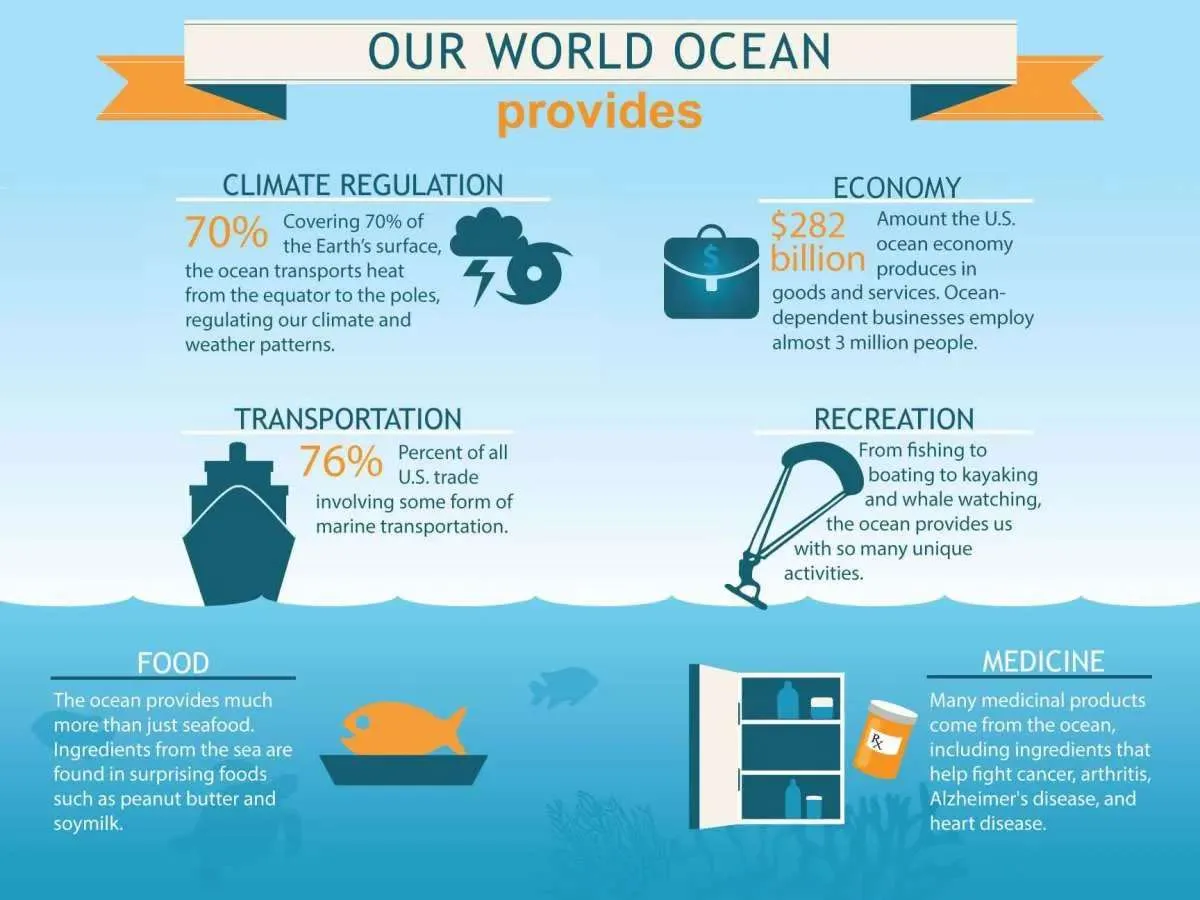
The sad facts about ocean trash
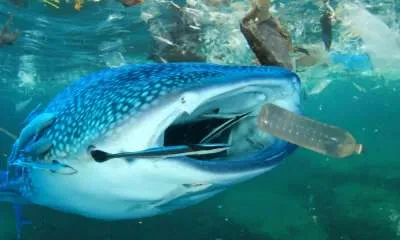
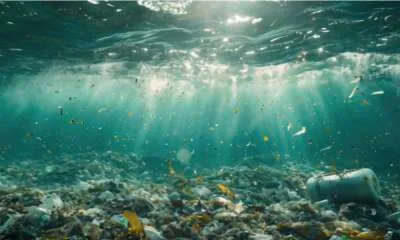
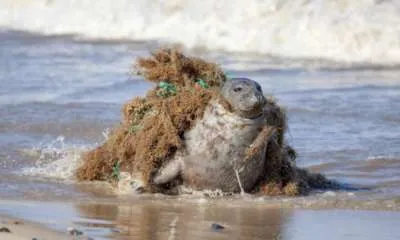
Yearly plastic production around the globe has increased from 1.7 million tons in 1950 to an estimated staggering 5.25 trillion tons of plastic pieces in the ocean today.
![]() 70% of this debris sinks to the seafloor, 15% floats, and 15% lands on our beaches.
70% of this debris sinks to the seafloor, 15% floats, and 15% lands on our beaches.
![]() Humans, including expectant mothers, currently consume approximately 5 grams of microplastic per week. These plastics cannot be naturally eliminated from the body, so they just keep building up and accumulating within our bodies.
Humans, including expectant mothers, currently consume approximately 5 grams of microplastic per week. These plastics cannot be naturally eliminated from the body, so they just keep building up and accumulating within our bodies.
![]() Environmental damage to our fragile marine ecosystems due to plastic costs approximately 13 billion dollars every year.
Environmental damage to our fragile marine ecosystems due to plastic costs approximately 13 billion dollars every year.
![]() More than half of marine species, over two-thirds of all sea birds and all seven of our sea turtle species have ingested or become entangled in marine debris.
More than half of marine species, over two-thirds of all sea birds and all seven of our sea turtle species have ingested or become entangled in marine debris.
![]() More than one in ten marine species that have ingested or become entangled in marine debris are now threatened with extinction.
More than one in ten marine species that have ingested or become entangled in marine debris are now threatened with extinction.
![]() Nearly 400 different species of marine life have ingested or become entangled in ocean trash, with plastic being the main cause in 92% of all cases studied.
Nearly 400 different species of marine life have ingested or become entangled in ocean trash, with plastic being the main cause in 92% of all cases studied.
![]() Of the 70% of ocean trash that has been estimated to have ended up on the sea floor, some has settled in parts where humans haven't even been to yet.
Of the 70% of ocean trash that has been estimated to have ended up on the sea floor, some has settled in parts where humans haven't even been to yet.
